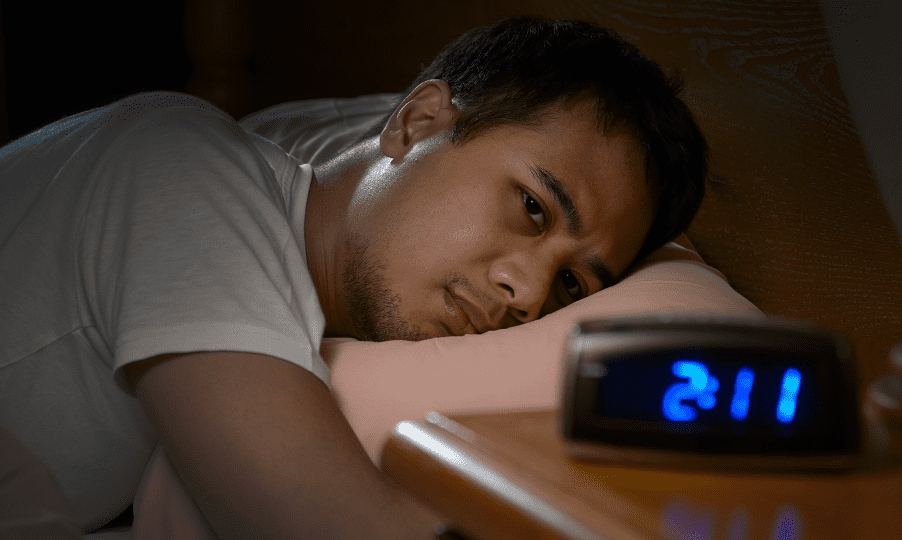The coronavirus pandemic is affecting people in different ways with many experiencing sleepless nights, owing to pandemic-induced anxiety, that appears just as your about to nod off.
The coronavirus pandemic is affecting people in different ways with many experiencing sleepless nights, owing to pandemic-induced anxiety, that appears just as your about to nod off.
Falling asleep is only half the problem. Vivid dreams or nights where you can’t stop tossing and turning are on the increase.
With many working from home, the break in routine, no access to outlets like gyms or cinemas, going for entertainment or catching up with friends, it’s easy to feel like you’re out of balance and this can be reflected in your sleep habits.
Sleep is as important as exercise and a healthy and balanced diet.
Having the adequate amount of sleep each night (between seven and nine hours is recommended) helps increase our energy levels and boosts our immune system, which is needed to fight illness.
Here are some tips to help your chances of getting a good night’s sleep:
Don’t check news updates before going to bed
Although it’s important to keep up to date with the happenings of COVID-19, being too absorbed in the news cycle can make it harder to fall asleep.
Reading or listening to news updates right before bed can make you feel panicked about the crisis and will play on your thoughts whilst trying to sleep.
Stick to trusted sources like the Department of Health website and try to avoid reading or listening to any news alerts an hour or so before heading to bed.
Switch off
Do something that gives your brain a break from thinking about the pandemic.
Try going for a gentle walk, meditate or read a book an hour-or-two before heading to bed.
If you need to use your phone close to bedtime, use if for apps such as Calm, Smiling Mind or headspace. These can actually be beneficial and assist in clearing the mind, which will help for a good night sleep.
Write down your thoughts
It’s the middle of the night and you are wide away, watching the time tick away on the clock.
Try writing down what you are thinking or what is bothering you and keeping you awake.
Writing down what is running around your mind can actually help clear your mind.
If you need to, talk to a friend or family member about what you have written down when you wake in the morning to help you process.
Keep your bedroom for bedtime
Whilst many people are social distancing and staying home at present, it can be hard to separate the work, sleep and entertainment areas when it is all under the same roof.
It’s important that you try to keep your bedroom the place for sleep, and differentiate the areas.
Try to avoid sitting in bed, typing away on the laptop, scrolling through your phone, watching Netflix or taking calls whilst lying in bed.
Get up and keep moving
Set an alarm an hour before you need to get up and use this time to get up and move.
Try to wear yourself out with a run, walk, or even a dance session in the morning, and then end the day with a leisurely walk around your neighbourhood.
Regular exercise will not only boost your endorphins, it will make you feel better and help you to better deal with the stress of live during a pandemic.
Stay off the caffeine and alcohol
If you didn’t sleep well, and are feeling the late afternoon dip, it’s best to try to avoid that late coffee or reach for that glass of wine.
Instead, why not go for a walk, get some fresh air and watch the sunset instead?
It’s okay to occasionally not feel okay
If you are lying there awake, staring at the clock, watching the minutes or hours ticking by, it’s okay… occasionally.
If you don’t get a full night’s sleep every-now-and-then, it’s okay. You will make it through the day, and if you follow the above steps, you will be tired enough to have a good pandemic-anxiety free night’s sleep the next night.
To stay up-to-date on COVID-19 (coronavirus) and Open Minds, visit our health alert page. This page will be continually updated as new information becomes available.

